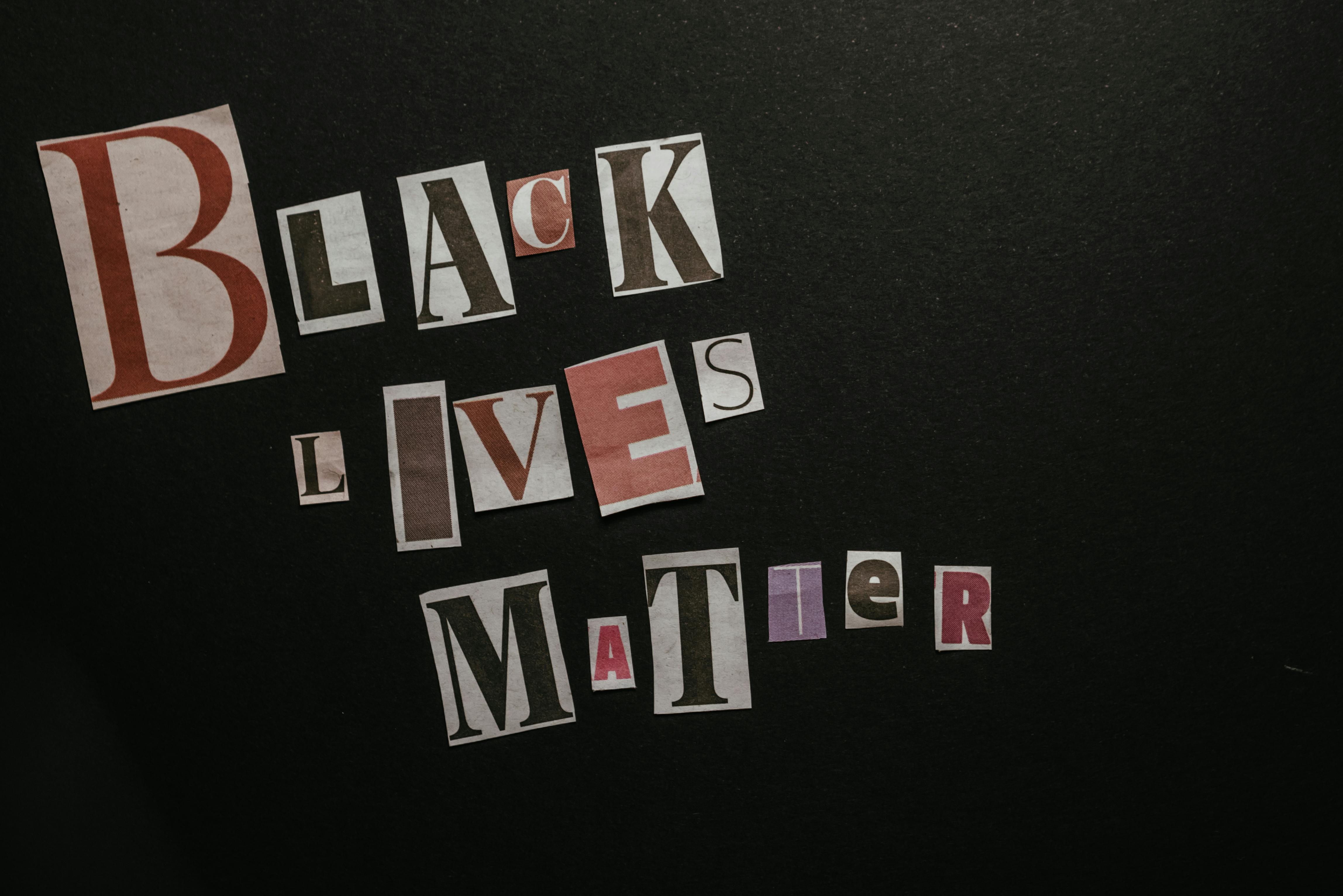In February 2007, Gene Morrison, a resident of Hyde, Manchester, was jailed for misleading the UK legal system and posing as a real forensic scientist. In 26 years he has worked on more than 700 cases, all of which will now have to be re-evaluated as miscarriages of justice may have occurred. At the time, there was no governing body regulating the validity of forensic scientists across the UK, allowing Morrison to buy his bogus qualifications from a fraudulent university. When Morrison began this façade, in 1977, he had purchased a bachelor’s degree in forensic science, a master’s degree with excellence in forensic investigation, and a doctorate in criminology, and when asked why he had falsified his grades in court, Morrison responded with ” It seemed easier.”
All forensic science services used to be performed by the Forensic Science Service (FSS), however recently many services can now be provided by different independent companies. Because of this, a recommendation from the Parliamentary Science and Technology Committee prepared the role of the Forensic Sciences Regulator and submitted it to the Government. The idea was that the Regulator would be an independent body that would ensure that the same standards of service were met throughout the UK in relation to forensic science services for the Criminal Justice Service (CJS).
The Regulator is advised by the Forensic Science Advisory Committee (FSAC), whose members have a wealth of skills and experience to draw on when needed. Some of the decisions that the FSAC would make would be to “validate and approve new technologies and applications in the field of forensic science” (Operational Policing, 2009). There are currently 16 members on the committee, all of whom are from different forensic science departments and legal backgrounds.
In November 1997, the Council for the Registration of Forensic Physicians (CRFP) was created after a recommendation by the Forensic Sciences Working Group (FSWG), chairman Lord Jack Lewis. Lord Lewis stated that an independent registration board for forensic professionals should be established, to enable the public and the courts to gain confidence that the forensic scientist providing evidence is fully qualified and meets the standards necessary to be an expert witness. legitimate.
Prior to March 31, 2009, the CRFP was known as the leading body in the field of forensic regulation of persons to ensure that correct and legitimate legal information was given in cases assisted by forensic science, and to ensure that there were no errors of justice, as with Morrison. It had 2,730 individual enrollees, some of whom were enrolled in more than one forensic field, with approximately 30 new forensic interns joining each month. Each registered individual had to revalidate his membership every 4 years, to ensure that his practice was up to date with quality standards. The CRFP registry covered all aspects of the legal system, from defense to prosecution, as well as elements outside of the criminal justice system, such as family and civil courts.
However, the CRFP did not serve all medical examiners, for example those who did not attend court regularly. To be considered for registration, an applicant needed to have proof of a certain number of court attendances. This meant that some forensic professionals, such as forensic archaeologists, could never register, as there were not as many relevant cases coming into court compared to forensic toxicologists or DNA experts. Although the CRFP was considering extending a form of registration to forensic scientists in training, this still did not cover disciplines that did not fall within the judicial system, which may have led to the assumption that these individuals were not legitimate in the view of the CJS.
So, to review, it is clear that the CRFP form of accreditation was essential for expert witnesses, but not generic for all forensic professionals, and seemed to be segregating legitimate professionals for illegitimate reasons. Non-expert witness forensic scientists only had the option of being members of forensic societies, rather than receiving accreditation for their role. The March 31 change to accreditation overseen by the Forensic Sciences Regulator and the Executive Director of the NPIA (National Surveillance Improvement Agency) is expected to provide accreditation that will apply to all forensic professionals alike.
